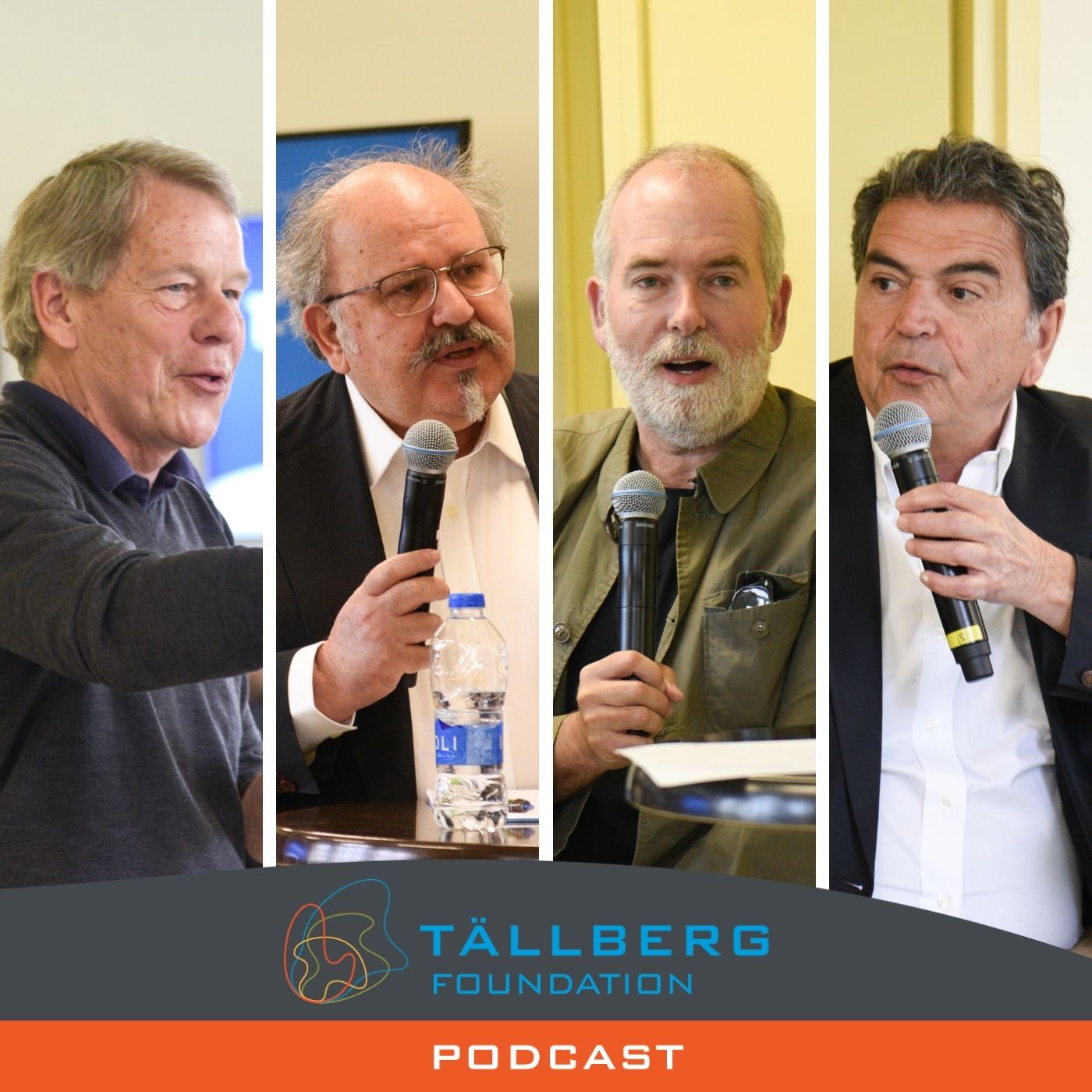Ukraine Changes Everything
- Author
- Tällberg Foundation
- Published
- Mon 16 May 2022
- Episode Link
- https://tallbergfoundation.org/podcasts/ukraine-changes-everything/
Russia’s war on Ukraine changes everything. Thousands have died; Ukrainian cities have been destroyed; the country’s factories and farms are largely rubble. Ukraine’s heroic resistance has denied the Russian’s their expected quick victory—resistance fueled by unprecedented Western sanctions on Russia and almost unlimited military resupply from NATO countries to Ukraine.
But the damage is not limited to Ukraine and to Russia. The knock-on effects include increased inflation and reduced growth—or even recession—around the world, food shortages and famines, and disrupted supply chains. Most importantly, the war seems to be the straw that is breaking the camel’s back of the post-Cold War world order, with unpredictable consequences.
And all of it would be immeasurably worse if President Putin acts on his nuclear threats.
The Tällberg Foundation recently hosted a discussion that touched on many of these issues. The speakers were Alan Stoga, Tällberg’s chairman; Pierre Lellouche, former French minister and politician; Nikos Xydakis, Greek journalist and former minister; Tomas Anker Christensen, Danish diplomat, who spoke in his personal capacity.Our conversation was hosted in Vamvakou, Greece by Vamvakou Revival and the Stavros Niarchos Foundation (SNF).
This war is far from over and its reverberations will be with us for a long time. What do you think?
